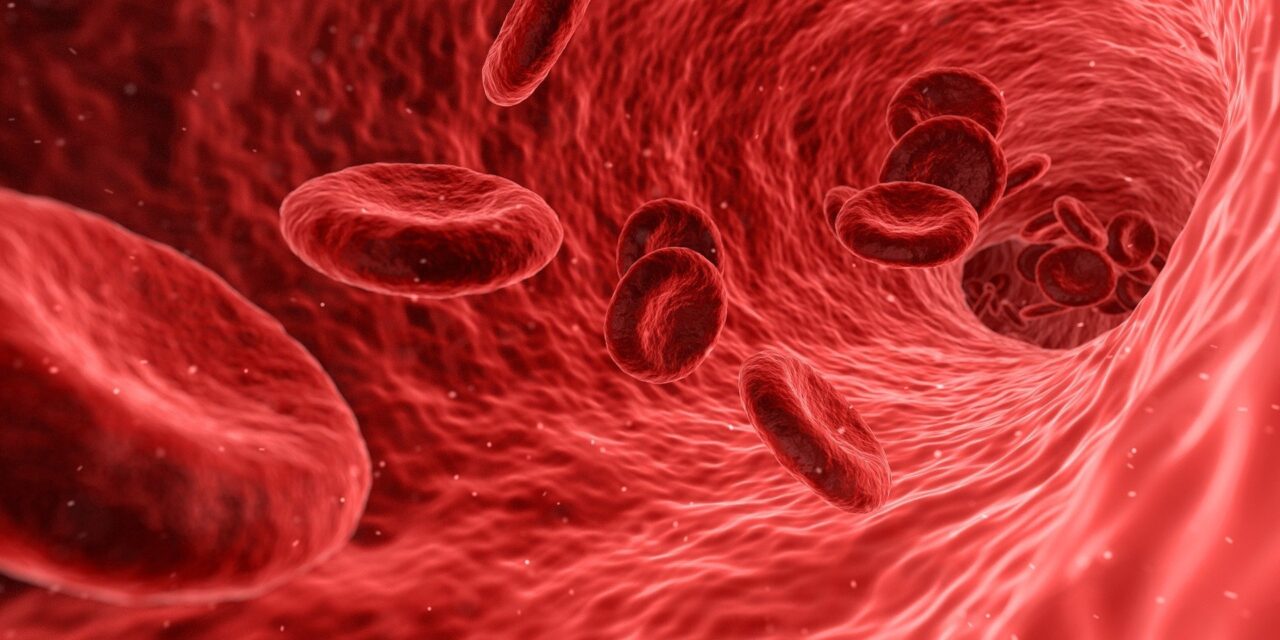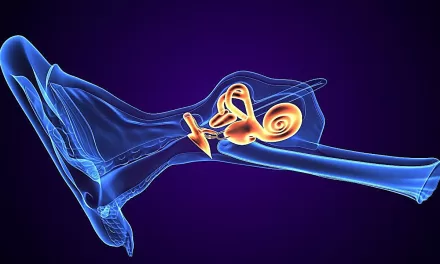A groundbreaking study conducted in Brazil has unveiled crucial insights into the biochemical underpinnings of preeclampsia, a serious pregnancy complication. Published in the peer-reviewed journal PLOS ONE, the research demonstrates a clear correlation between specific blood metabolite patterns and the severity of preeclampsia.
Preeclampsia, a condition characterized by high blood pressure and potential organ damage, remains a significant threat to maternal and fetal health worldwide, and particularly in Brazil, where it is a leading cause of maternal-fetal mortality. This study offers a potential pathway towards improved understanding and future treatments to mitigate organ damage associated with the condition.
The researchers analyzed blood samples from 173 pregnant women, categorizing them into four distinct groups: healthy pregnancies, gestational hypertension, preeclampsia, and severe preeclampsia. Using sophisticated metabolomic analysis, they identified and quantified various metabolites – small molecules produced by the body during metabolic processes.
The analysis revealed 19 metabolites that exhibited variations across the different groups. Notably, 11 of these metabolites showed significant differences in relation to preeclampsia severity. Elevated levels of N, N-dimethylglycine, glutamine, alanine, and valine were particularly associated with more severe forms of preeclampsia. Furthermore, increased levels of N, N-dimethylglycine, alanine, and valine were also correlated with higher blood pressure, adverse pregnancy outcomes, and greater damage to the kidneys and liver.
The study also highlighted significant disruptions in nitrogen metabolism, as well as the methionine and urea cycles, in women diagnosed with preeclampsia. These findings provide valuable new insights into the complex biological mechanisms that contribute to the development and progression of severe preeclampsia.
This research marks a significant step forward in understanding the metabolic landscape of preeclampsia, potentially paving the way for targeted therapies and preventative measures to reduce the severity of this life-threatening condition.
Disclaimer: The information provided in this news article is based on the research study cited and is intended for informational purposes only. It should not be interpreted as medical advice. Individuals with concerns about preeclampsia or other pregnancy-related conditions should consult with a qualified healthcare professional. Further research and clinical trials are necessary to validate these findings and develop effective treatments.












